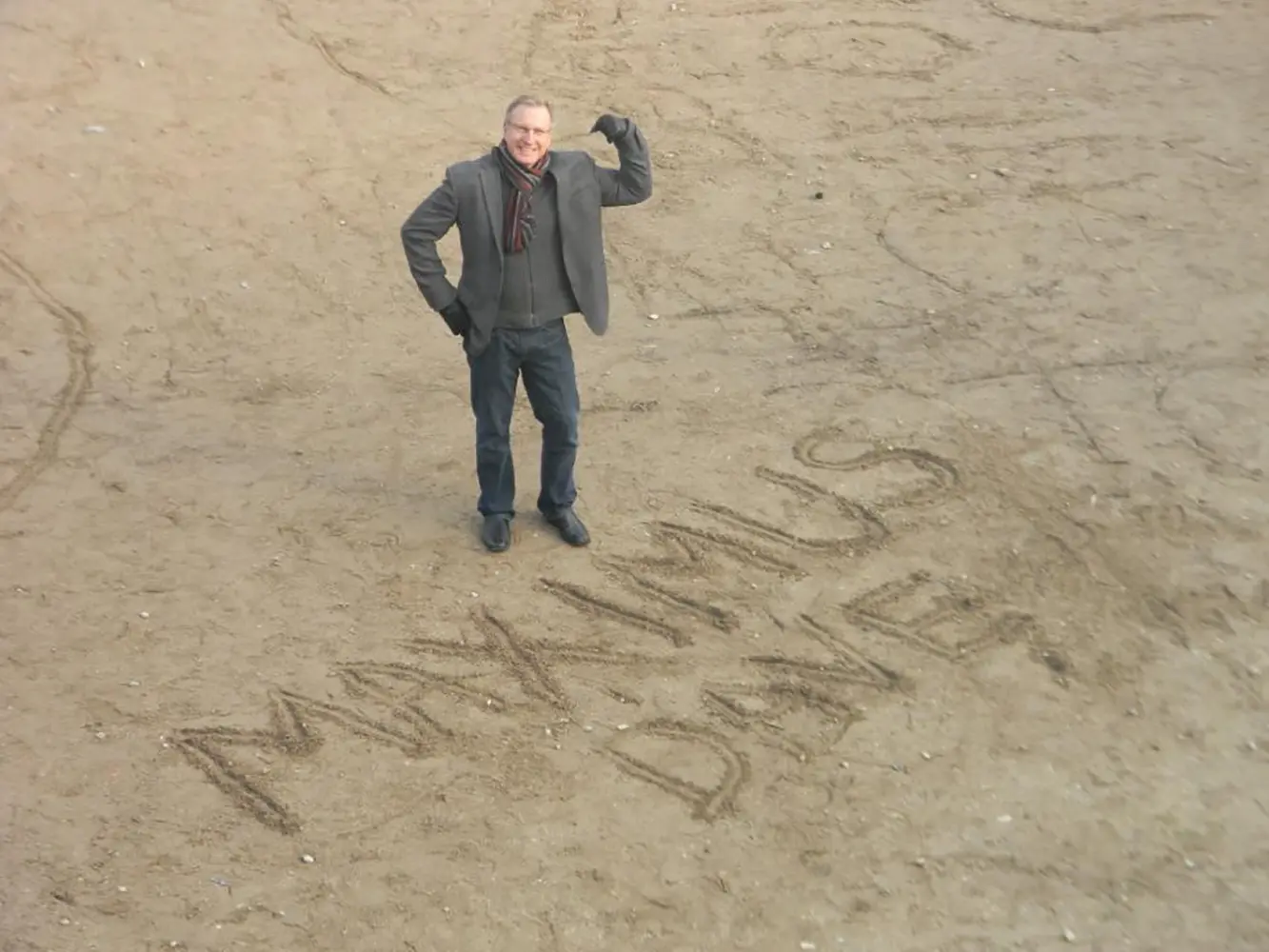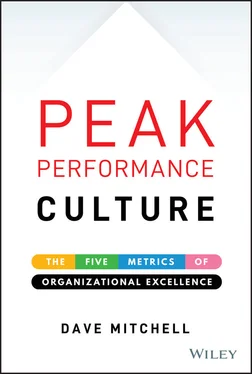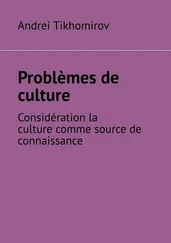For general information on our other products and services or for technical support, please contact our Customer Care Department within the United States at (800) 762‐2974, outside the United States at (317) 572‐3993 or fax (317) 572‐4002.
Wiley publishes in a variety of print and electronic formats and by print‐on‐demand. Some material included with standard print versions of this book may not be included in e‐books or in print‐on‐demand. If this book refers to media such as a CD or DVD that is not included in the version you purchased, you may download this material at http://booksupport.wiley.com. For more information about Wiley products, visit www.wiley.com.
Library of Congress Cataloging‐in‐Publication Data
Names: Mitchell, Dave, 1961‐ author.
Title: Peak performance culture : the five metrics of organizational
excellence / Dave Mitchell.
Description: Hoboken, New Jersey : John Wiley & Sons, Inc., [2020] |
Includes bibliographical references and index.
Identifiers: LCCN 2020025504 (print) | LCCN 2020025505 (ebook) | ISBN
9781119581499 (hardback) | ISBN 9781119581512 (adobe pdf) | ISBN
9781119581505 (epub)
Subjects: LCSH: Organizational effectiveness. | Organizational behavior. |
Corporate culture. | Performance.
Classification: LCC HD58.9 .M567 2020 (print) | LCC HD58.9 (ebook) | DDC
658.3/14—dc23
LC record available at https://lccn.loc.gov/2020025504
LC ebook record available at https://lccn.loc.gov/2020025505
Cover design: Wiley
I didn't see that coming.
It was January 2012. Verona, Italy. My 16‐plus years (at that time) as an international speaker on organizational development did not prepare me for what I was about to experience. The 12 years I'd worked in corporate human resources development before that also failed me. Nothing about the chain of events leading up to this moment foretold the incredible reveal that would happen at an auditorium within a vibrant pharmaceutical research and manufacturing facility.
The day had started as normal as a day can start when you grew up in a small town in southern Illinois and find yourself in an incredible Italian city surrounded by the architecture, culture, and lore that Verona offers. Only a few blocks from my hotel was “Juliet's House” – Verona was the setting for Shakespeare's Romeo and Juliet .
The day before, my lovely bride and I had toured the city on our own. Particularly memorable was the arena. It wasn't hard to imagine gladiators competing within this incredible amphitheater, the third largest in all of Italy. One of my favorite photos is a shot that Lori took of me on the “playing field” of the arena, having just sculpted “Maximus Dave” in the sand with my feet. We walked around several piazzas, visited museums, and essentially maintained an unsurpassed sense of awe all day.

Me at the arena in Verona, Italy.
But this day had started normally. It was training day. Whether the event is in Verona or Detroit, my preparation is the same. There was the usual breakfast at the hotel, laptop to be packed up, and a car to transport me to the site exactly as expected. We traversed Verona, leaving the history of the city center for the modernity of the industrial district.
Gaining access to a pharmaceutical facility – especially one that both conducts cutting‐edge research and produces large volumes of drugs – is not simple. Having done an event in Langley, Virginia, for the CIA, I am no stranger to security protocols. Suffice it to say, this site was more secure than our icon of the intelligence community. After providing ample evidence of my identity and receiving my badge clearly labeling me as VISITOR (a wholly unnecessary label given my obvious confusion and distinct American pronunciation when struggling through Italian greetings), I made my way through the labyrinth of gates, doors, and hallways necessary to access the learning center.
Today my audience would be scientists – 400 highly educated experts in the field of chemistry. Most of the attendees would be Italian, but there were representatives from all over the world. I was focused on the delivery of my content. I describe my public speaking style as “enter‐train‐ment,” and humor plays a large role in my presentations. I have been described as the unlikely pitch cross of a college psychology teacher who moonlights as a stand‐up comic. My seminar that day was Consultative Selling: The Customer Centric Sale . Much of the content was derived from my most popular program, The Power of Understanding People . I was anxious about how the material would translate. Would my humor work for this audience? Scientists, multicultural visitors, potential language barriers – these are the things that keep training professionals up at night.
As the crowd began to assemble, I tried to mitigate my nervousness by mingling with the attendees. Perhaps some schmoozing of the crowd would allay my fears, I thought. It didn't. Despite my attempts to learn a few words in Italian, I quickly felt awkward during most interactions. Beyond the language challenges, I was certain that this group of analytical, detailed, and fact‐based professionals had little interest in something so conceptual as consultative selling. It was not like I hadn't worked with pharmaceutical companies before; I had, many times. But it was almost always with sales professionals. This was a different demographic. In my nomenclature, these were Experts – a way of thinking that is based on pragmatic best practices gathered from personal experience. Things that you can know to be true. “What on earth would a scientist care about this topic?” I thought to myself. It is entirely theoretical.
It was also not like I hadn't experienced this kind of crowd before. In my seminars, I often share the story of presenting to chemical engineers in Lake Jackson, Texas – a memory that has traumatized me for 20 years. Essentially, it was three hours of me feverishly attempting to elicit some type of reaction from 35 stoic audience members, only to ultimately fail. It still haunts me, even though my client tells me that the attendees that day still talk about that seminar. “Me, too,” I reply.
On stage in Verona, my host introduced me with the bio that I had provided. Two years later, The Power of Understanding People would be released as a critically acclaimed book, but I remember wishing for that kind of credibility in that moment. As I made my way to the stage, my mind raced with toxic thoughts. I like to start strong with some mildly self‐deprecating humor, but I worried that it would be lost in translation. How would I react to a crowd that didn't laugh? Would I again escalate my energy to manic levels? I began reliving the mistakes of Lake Jackson, Texas. Oh, and did I mention that this was the first event of a week‐long schedule of seminars? Imagine the emotional pain involved if I discovered in this first session that I was out of my element—for me and the crowd.
The first surprise struck me more as a sense of relief than insight. They laughed. They were engaged. It was the first clue to the larger reveal that was to come when they completed the interactive‐style assessment about 45 minutes later. For the time being, I just felt the reassurance that this was going to go well and that all my fears had been for naught. While that was personally satisfying, the big revelation arrived when I asked the group to stand as I polled their interactive style results.
Читать дальше








